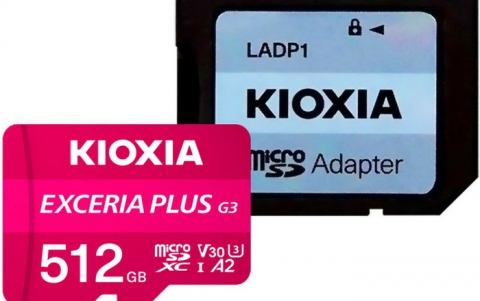Fighting Big Brother
3. Page 3
Almost at once, the USA services made their move against him. The old hippy was not entirely unknown to them. In the 1980s he was apprehended twice for joining in anti-nuclear protest marches. Since he could not be charged with creating the program (the bill had not been passed anyway) or sending coded messages (they are a form of expressing one’s ideas and therefore protected by the constitutional orders pertaining to freedom of expression) we was indicted for illegally exporting high tech weapons! Products of cryptography are included in the same list as…F16s, laser bombs and so on. Their exportation needs special permit issued by the State Department! Of course that kind of legislation is schizophrenic. Since the program is lawfully in the hands of millions of users in the United States and can be downloaded to a single floppy disc or to the hard disc of a laptop, not to mention the Internet, there is no way it can be restricted within the geographical boundaries of this country. As far as Zimmermann has said, “it is as if one were trying to ban the New York Times export, or to lay an embargo on the wind…” The case is being under preliminary investigation…
Seemingly, this dispute about cryptography that has broken out in the USA might look like… “an exercise in democracy”, but in other countries, possessing “Pretty Good Privacy” is a matter of life and death. The organizations for the protection of human rights in Salvador and Guatemala have been teaching their members how to use them. Secret services in these countries are pretty serious when doing their job. Amnesty International encodes all its messages in PGP to protect its agents in authoritative regimes. “In case a dictatorship imposes its rule, all democrats from the Baltic to Siberia shall be able to freely communicate with the help of the PGP. We do thank you” a Latvian wrote to Zimmerman when the August 1991 coup broke out in Moscow.













